What we do is important in helping society reuse and recycle resources, reduce waste and tackle climate change.
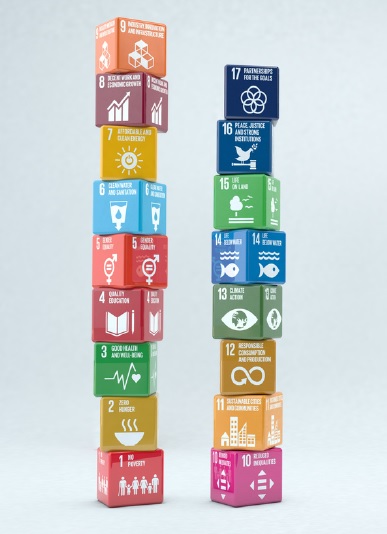
Our objectives are a low carbon, zero waste, circular economy in which more unwanted household items are returned to beneficial use, we contribute to improving people’s well-being, community wealth and the sustainability of the Liverpool City Region. Moving forward, we will review and identify where we are doing well and where we could do better and ensure we continue to improve data capture and availability so that we continuously contribute to the United Nations Sustainable Development Goals (SDGs). We are delighted to share this, our first SDG report with you, we will report annually and communicate our work in support of the SDGs.
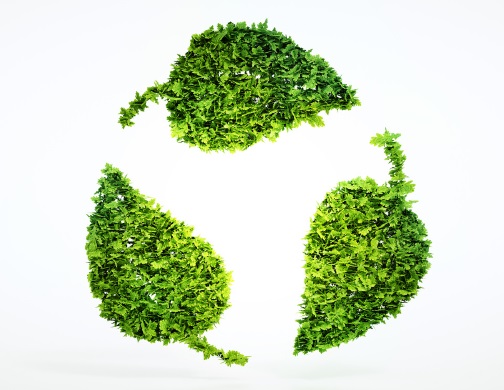
As the organisation that manages waste from households across the Liverpool City Region, Merseyside Recycling and Waste Authority (MRWA) managed and treated almost three quarters of a million tonnes of household waste from 1.5 million people across six District Councils in 2021. This report establishes a sustainability baseline and enables MRWA to prioritise the United Nations Sustainable Development Goals (SDGs) that are directly relevant to its services, moving forward, we will measure commitments, contributions and progress.
The SDGs are a universal call to action to end poverty, protect the planet and improve the lives and prospects of everyone, everywhere. Peace, diplomacy, international cooperation and delivery at the local level, are fundamental conditions for the world to progress towards a sustainable society and planet by 2030 and beyond.
Goals
An assessment of ‘what we do’ (aspects) and their ‘effects’ (impacts) on people, planet and the economy, identified that of the 17 goals where we can have the greatest influence, will focus on:
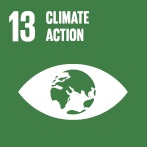
13 CLIMATE ACTION – We will change the way we interact with stakeholders to reduce carbon emissions. Change consumer behaviour by enabling the reuse and recycling of products that are no longer wanted and in doing so, reduce carbon emissions.
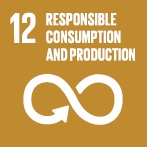
12 RESPONSIBLE CONSUMPTION AND PRODUCTION – Help reduce product consumption and prevent waste by keeping household products in use for longer and help retain the embodied energy within products to avoid carbon emissions. Support resource conservation.
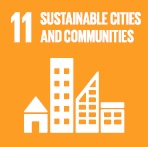
11 SUSTAINABLE CITIES AND COMMUNITIES – Contribute to a low carbon circular economy by maximising product reuse and recycling and the inherent value of unwanted household resources.
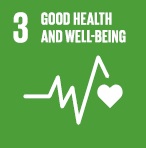
3 GOOD HEALTH AND WELLBEING – Demonstrate care for the physical and mental well-being of our staff. Use unwanted resources to support social value in the community and nurture small businesses. Help the region to become greener.
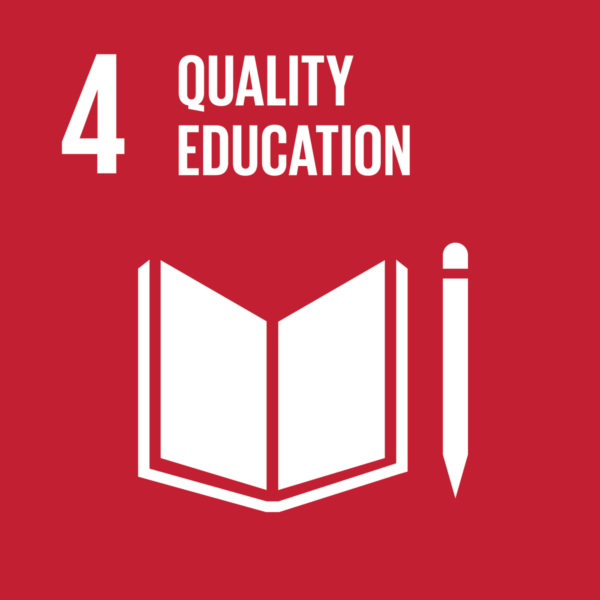
4 QUALITY EDUCATION – Ensure inclusive and equitable quality education and promote lifelong learning opportunities for all.
Drivers
Our drivers to support the SDGs are based on equal respect for people, the planet and the economy which are interconnected and dependent upon each other.
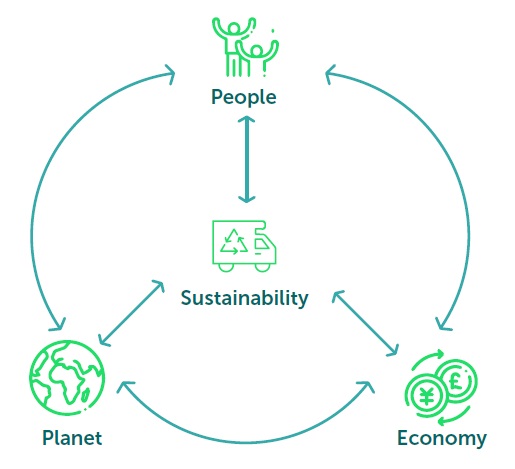
People – We understand that we are accountable for people both locally and globally. With respect to our staff, we aim to have a uniquely talented, equal, diverse and responsible workforce. The gender split of employees is almost 50/50 with 44% of management positions held by women. This year, all staff received Diversity and Equality training.
Planet – Committing to reaching zero avoidable waste is a key part of reaching our net zero carbon by 2040 goal. Recycling, reuse, treatment and management are our core activities. Waste is only waste when it is perceived by others to have no further value. We aim to educate and support residents to prevent waste, maximise the recovery of unwanted resources by reuse, recycling, composting, and recover energy from waste that cannot be utilised. Wasted resources are a major contributor to climate change. Our carbon footprint was 27,127 tonnes CO2e*. This is based on our administrative impacts, the management of seven closed landfill sites and contractual duties with our main contractors Veolia and Suez. [*CO2-e (Carbon Dioxide Equivalent) is the standard metric measure to compare the global warming potential of various Greenhouse Gases (GHGs) over a specified timescale.]
Economy – Climate change, and a warming planet, have the potential to significantly impact the economy. Switching to a low carbon circular economy will create a wealth of green jobs and will open up new opportunities for sustainable businesses, as well as bring benefits to nature recovery. It is recognised that ineffective management of resources and waste is costly and will continue to be more expensive unless our thinking becomes more circular. Our net operation costs were £77,670,150 (2020/21) which comprised mainly of two major contracts, a) the management and recycling of waste and b) recover energy from residual waste.
Reports
Sustainability is an important subject for us, and we are committed to working with our partners to achieve net zero carbon by 2040. We recognise the impact that waste has in achieving this target.
We will continue to develop a series of annual reports which will indicate where we are on the journey towards sustainability.
All published reports to date can be accessed below.

